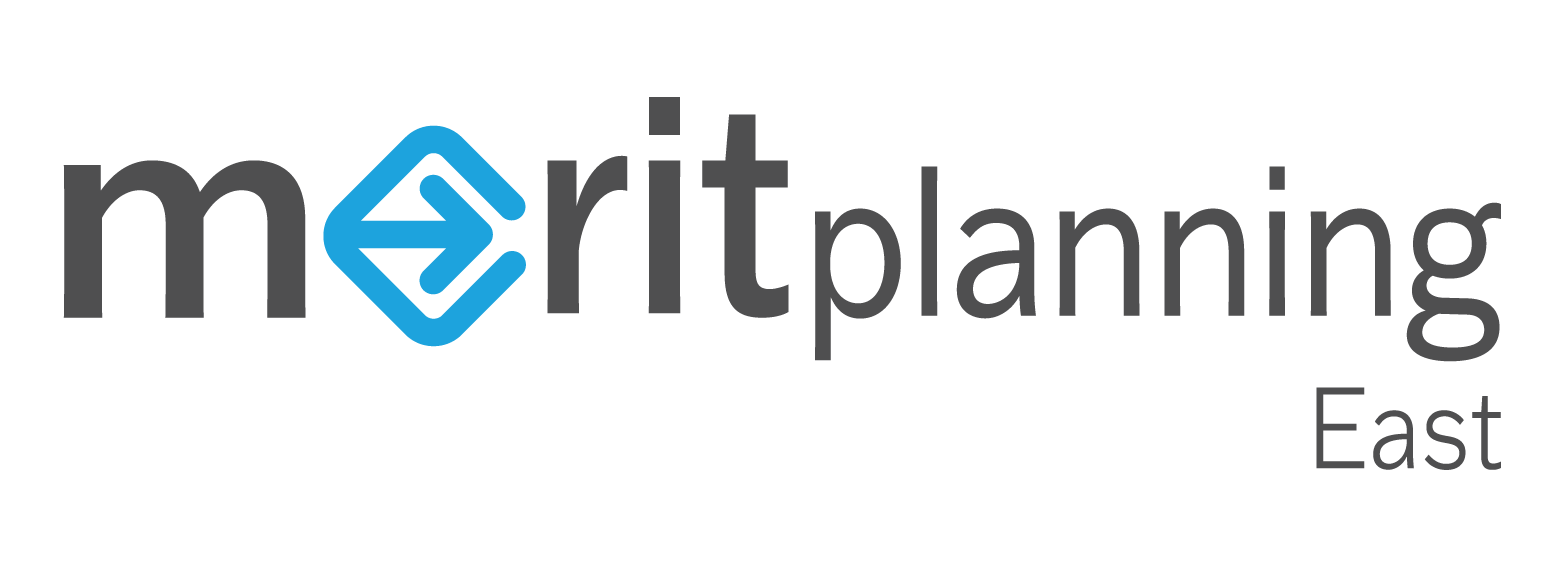Along with this raft of legislative change, the Australian Securities and Investments Commission (ASIC) has also introduced new licensing requirements for accountants who work with and advise Self Managed Superannuation Fund (SMSF) Trustees. Only approx. 10% of accountants have complied with these changes to date.
As such if you, as many, consider your accountant would be your 1st port of call for Financial Advice, they will likely advise you, they are unable to provide the information you require & should consult a qualified Financial Adviser / Planner.
This is general advice only and you should seek expert financial advice from a qualified financial adviser before acting on any of the information covered in these topics.
What does history how us about investing during a recession?
The IMF shows there has been 123 recessions in 21 advanced economies between 1960 and now. These recessions tend to be short, typically lasting about 12 months. Up until 2020, Australia had experienced 29 years without a recession.
History shows us that investors that de-risk, for example adjusting their investment allocation from equities to bonds once the recession has become official are “shutting the gate after the horse has bolted”. A 2011 Vanguard study showed returns from a balanced portfolio of US assets (50% equities and 50% bonds), since 1926 are similar during both recessionary and expansionary periods. This held true for the ASX where over this period the ASX had been in recession for 4 quarters, the ASX rose on average 13%. This is because the equity market is typically accurate at forecasting the future. When an expected recession is looming, equities tend to underperform. For example, in the calendar year 1990 (the year leading to Australia’s most recent recession prior to Covid), the ASX fell 23%. However, the following year, when officially in recession the ASX began to rise.
Once again, investors should seek expert advice in turbulent times, but the adage holds true, patience and discipline with your investment strategies helps make you wealthy and keep you wealthy.
“There are 3 things a business requires for success: 1) A tolerance for some risk – you can’t anticipate what is coming around the corner; 2) an idea; 3) confidence” – Marc Randolph.







